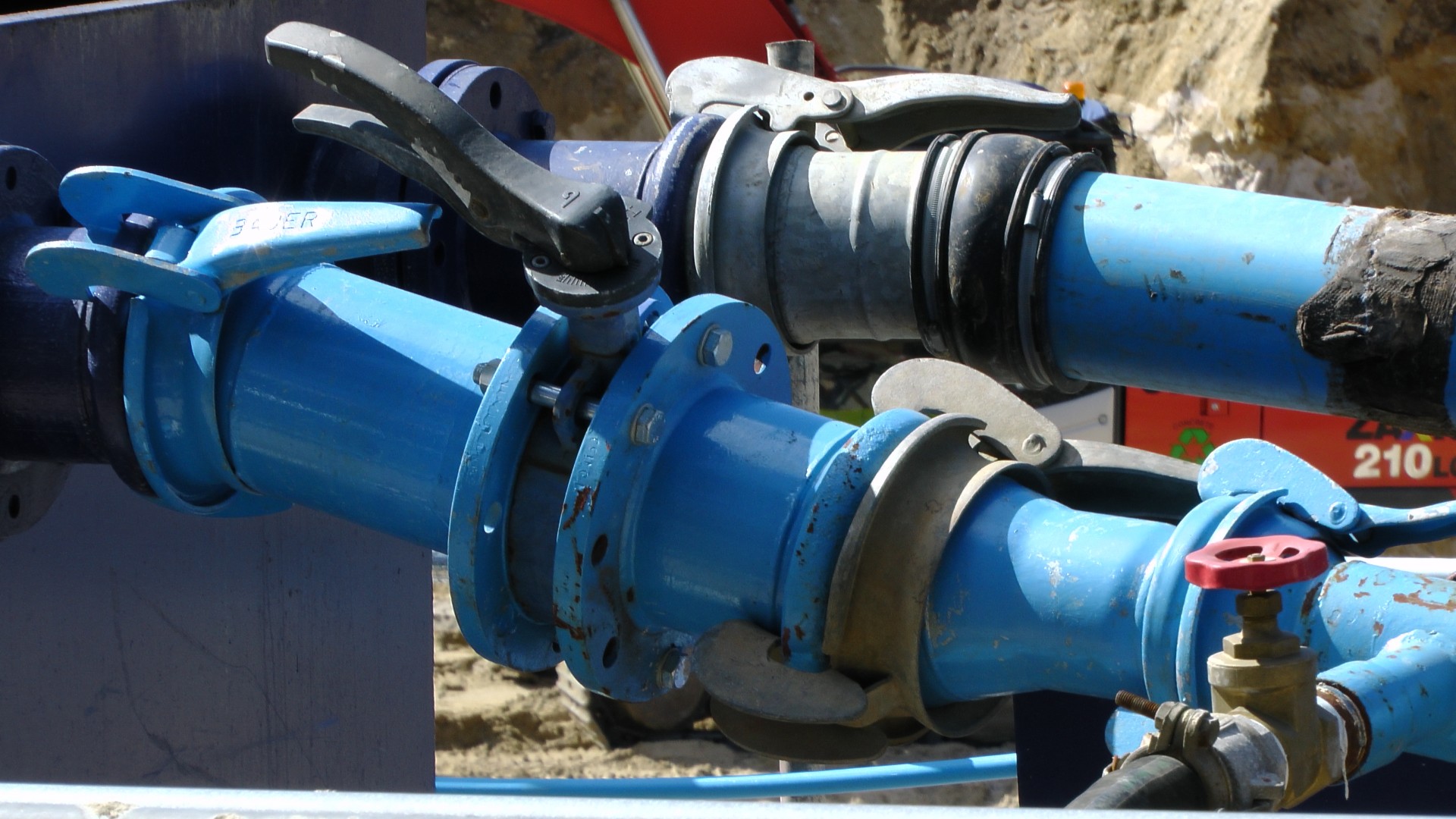
BY Lyndsey Gilpin
The Atlantic Coast Pipeline was cancelled. The Dakota Access Pipeline is in limbo. A permit for the Mountain Valley Pipeline extension was rejected by North Carolina regulators.
Southerly and the Rural Assembly are working on a video story about what’s happening in rural communities who have spent years working to stop pipeline projects from being built. We’re interviewing a few folks who live along the route of the ACP and MVP, as well as a lawyer from the Southern Environmental Law Center, about successes, concerns, challenges, and how they’ve organized against pipeline projects that they say are dangerous and unnecessary. We’ll learn about the mistakes they made, the lessons they’ve learned, and the small and large victories they have celebrated.
We’ll speak to Belinda Joyner, an activist in Northampton County, North Carolina who opposed the ACP; Becky Crabtree, a retired teacher and activist in West Virginia who has protested the Mountain Valley Pipeline; and someone from the Southern Environmental Law Center, which had multiple lawsuits against the ACP.
The Atlantic Coast Pipeline may be done, but it won’t be the last fossil fuel industry project proposed in rural America. If you’re in a place where an environmental hazard, industrial facility, or other project is planned — or where one has been built — we’d love to hear from you.
What would you like to know about the six-year-long challenge against the ACP or the challenges against MVP? Are you curious about permitting processes, eminent domain, or what you can do to learn more about potential projects in your area? Ask away! Send us your questions, and we may ask them in the interviews.
The Article was originally published on Rural Resilience: What communities are learning from the fight against oil and gas pipelines.